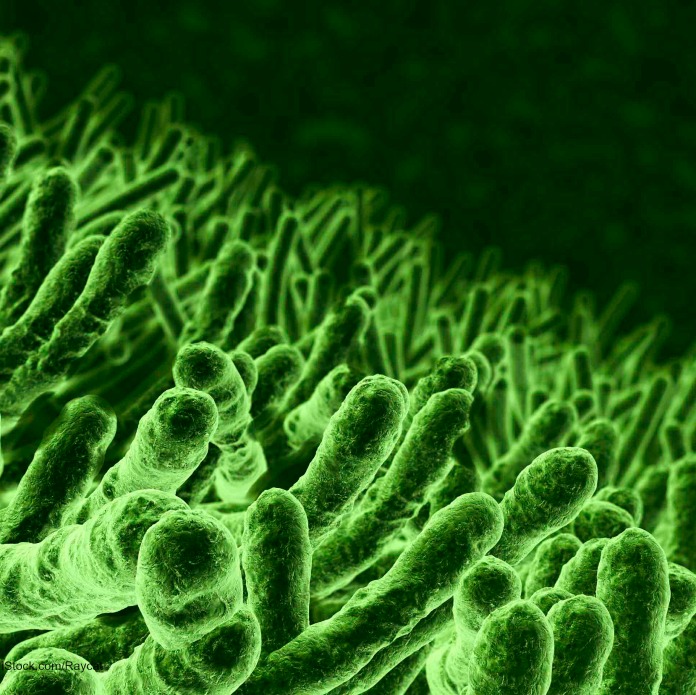An E. coli outbreak is associated with the Matador restaurant in the Ballard neighborhood of Seattle, Washington, according to the King County Department of Public Health. At least five people have been sickened in this outbreak so far. The government has temporarily suspended Matador’s food business permit so the facility can be cleaned and sanitized.

The bacteria that caused these illnesses is Shiga-toxin producing E. coli (STEC). This pathogenic bacteria can cause serious illness; in fact, three people were hospitalized in this outbreak because they were so sick. One person developed hemolytic uremic syndrome (HUS), a potentially deadly complication of an E. coli infection.
Four of those sickened ate at the Matador Restaurant on August 14, 2016, and one person ate there on August 22, 2016. Public health received the first report of illness on August 22, 2016. The most recent case was reported to officials on September 6, 2016.
All of those sickened had the typical symptoms of an E. coli infection, including diarrhea and abdominal cramps. Four of the patients had diarrhea that was bloody.
Laboratory testing found that all of those sickened had the same strain of STEC bacteria, which means their illnesses are connected and an outbreak has occurred. Unfortunately, food processing equipment was cleaned before public health investigators could inspect the restaurant. Inspectors did find the possibility of cross-contamination when they visited the facility.
If you ate at the Matador restaurant and developed diarrhea within 10 days, see your doctor. Bloody diarrhea is an important indicator of a STEC infection. Anyone suffering from the symptoms of an E. coli infection, including diarrhea that may be bloody and/or watery, severe abdominal cramps, mild fever, nausea, and vomiting, should see a doctor.
The symptoms of hemolytic uremic syndrome include little or no urine output, lethargy, easy bruising, a skin rash, and bleeding from the nose or mouth. This illness destroys the kidneys and can be life-threatening. If anyone is experiencing these symptoms, they should be taken to a doctor immediately.
The latest inspection report for the Matador in Seattle’s Ballard neighborhood shows that they received an unsatisfactory rating in August 30, 2016. Food was not held at a proper temperature, in fact, it was held at more than 45°F. That is a critical violation and has the “highest risk of causing food borne diseases,” according to the inspection report. The safe temperature for food is at or below 40°F. Previous inspections showed the same problems, stretching back for years.
Bacteria grow readily at temperatures between 40°F and 140°F. We don’t know if the improper holding temperatures had anything to do with this outbreak.
STEC bacteria are found in the intestines of ruminant animals. Foods that are commonly contaminated with E. coli bacteria include beef, raw milk and other raw dairy products, unpasteurized juice, and contaminated raw produce, including sprouts and fruits. To avoid this illness, never eat undercooked ground meat or drink raw milk or unpasteurized juice. Avoid cross-contamination by keeping raw meats away from foods that are eaten uncooked.




